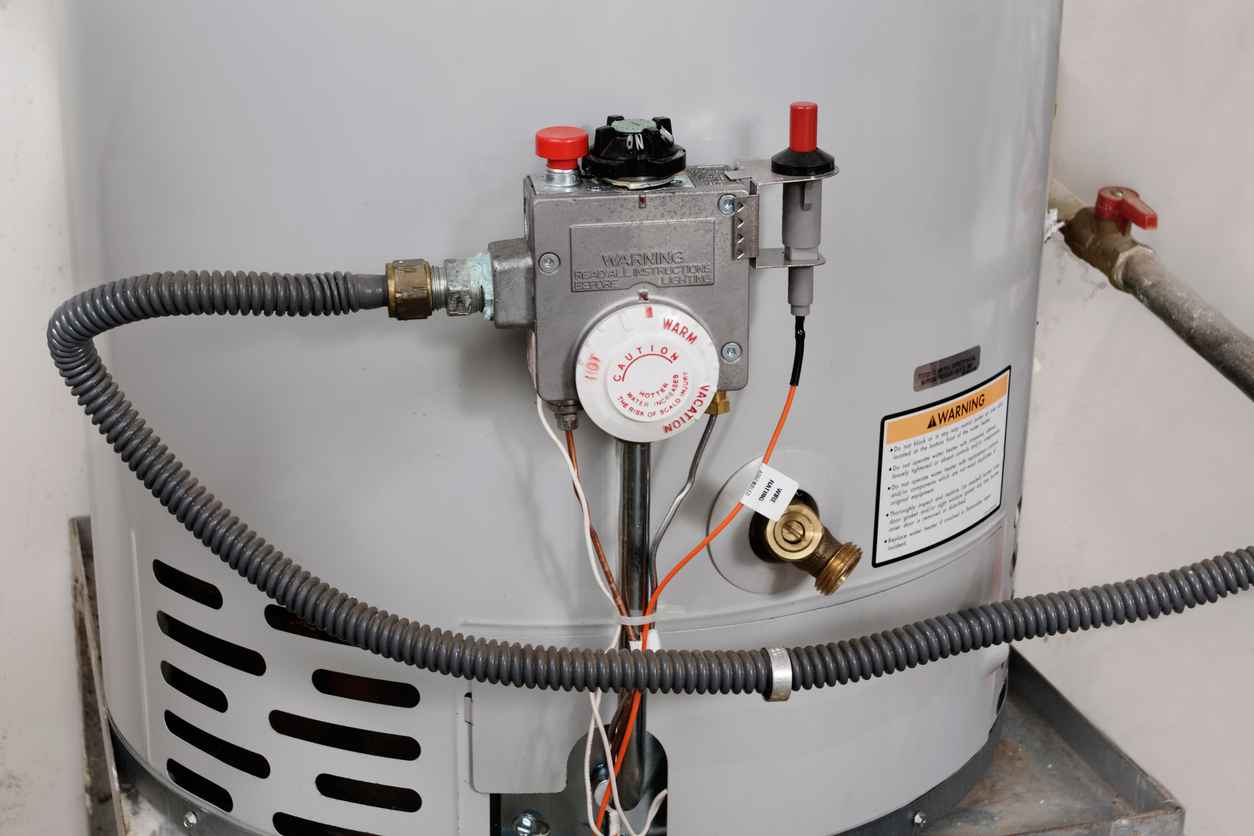
Boilers have long been a reliable and efficient way to heat homes and businesses. Unlike traditional forced-air systems, boilers use water or steam to distribute heat, providing consistent warmth during the colder months. But how exactly does a boiler work, and what makes it such an effective heating system?
In this blog, we’ll break down the basics of boiler operation, explore different types of boilers, and discuss why regular maintenance is essential for keeping your heating system in top shape.
How a Boiler Heats Your Home
A boiler operates by heating water and then distributing that heat throughout a home or building. Here’s a step-by-step look at the process:
- Water Intake – The system pulls in cold water from a connected water supply.
- Heating Process – A fuel source, such as natural gas, oil, or electricity, heats the water inside the boiler.
- Heat Distribution – Once the water reaches the desired temperature, it is sent through pipes to radiators, baseboard heaters, or in-floor heating systems.
- Steam or Hot Water Circulation – Some boilers produce steam, which rises through the pipes to radiators. Others use hot water that is pumped through the system.
- Return Cycle – After circulating, the cooled water or condensed steam returns to the boiler to be reheated, ensuring a continuous heating cycle.
Types of Boilers
There are several types of boilers available, each with unique benefits depending on your heating needs.
Conventional Boilers
Also known as regular or traditional boilers, these systems store hot water in a separate tank before distributing it through the home. They are ideal for larger households with high hot water demands.
Combi Boilers
A combination boiler, or combi boiler, provides both heating and hot water on demand without the need for a separate storage tank. These boilers are space-saving and energy-efficient, making them popular for smaller homes.
System Boilers
Similar to conventional boilers, system boilers use a separate hot water cylinder but don’t require a cold water tank. They are efficient and provide a steady supply of hot water, making them suitable for homes with multiple bathrooms.
Condensing Boilers
Condensing boilers are designed to be highly energy-efficient by capturing and reusing heat that would otherwise be lost in the exhaust. This reduces energy waste and lowers heating costs.
Advantages of a Boiler Heating System
Boilers offer several benefits over traditional heating methods, making them a popular choice for homeowners looking for efficiency and comfort.
- Even Heating – Boilers distribute heat through water, eliminating the hot and cold spots often found with forced-air systems.
- Energy Efficiency – Many modern boilers operate at high efficiency, reducing energy waste and lowering utility bills.
- Improved Air Quality – Since boilers don’t rely on ductwork, they don’t circulate dust, allergens, or dry air throughout the home.
- Longevity – With proper maintenance, a well-installed boiler can last 15-30 years, outlasting many other heating systems.
Why Boiler Maintenance is Essential
Like any heating system, boilers require regular maintenance to function efficiently. Neglecting upkeep can lead to reduced performance, higher energy bills, and costly repairs. Have a professional inspect your boiler annually to check for leaks, pressure issues, and worn components.
Contact JMK Plumbing & Heating for Boiler Services
A properly maintained boiler keeps your home warm, energy-efficient, and comfortable. Whether you need a new boiler installation, routine maintenance, or repairs, JMK Plumbing & Heating has the expertise to help. Contact us today to schedule a service and keep your boiler running at its best!

